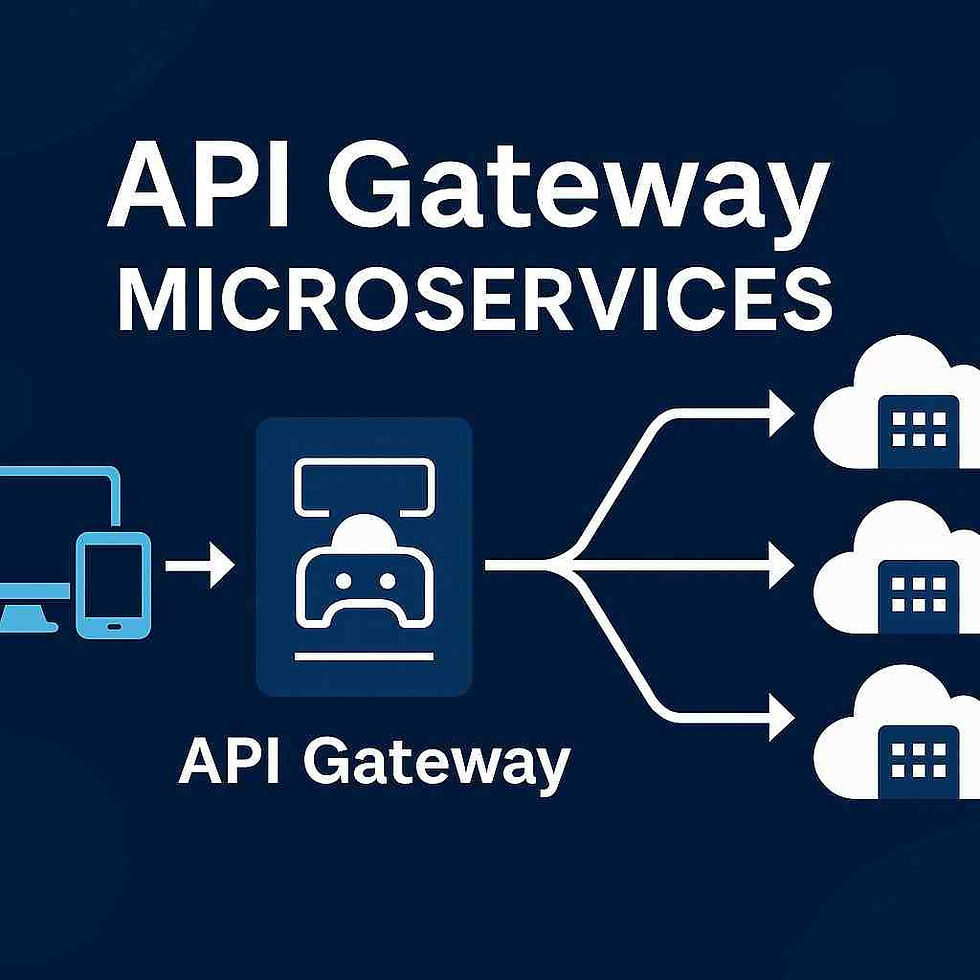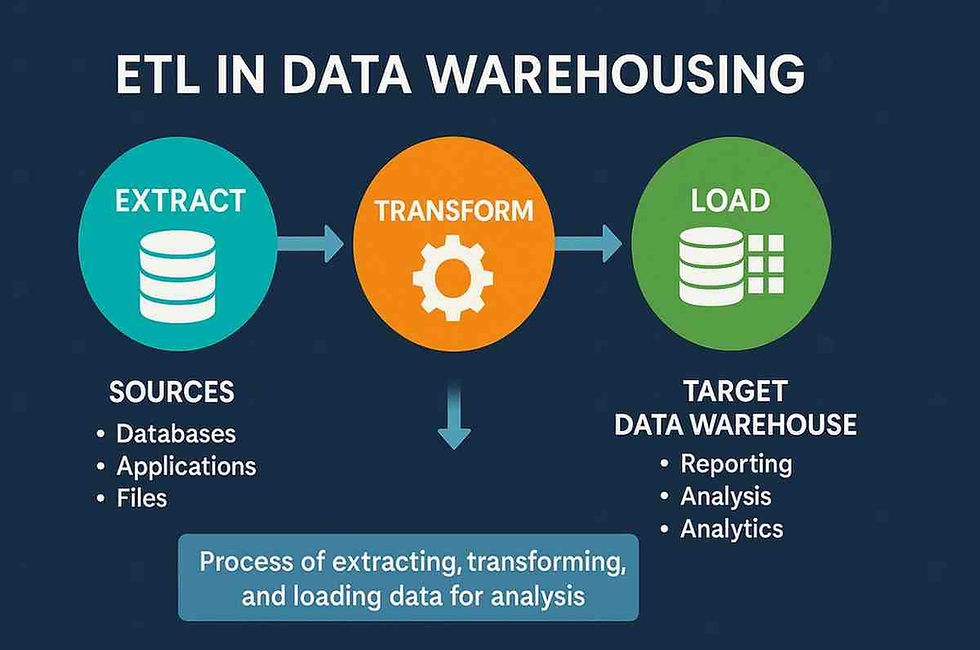What is Penetration Testing for APIs? Scalable Security Solutions
- Gunashree RS
- Nov 19, 2024
- 4 min read
Updated: Nov 25, 2024
What is Penetration Testing for APIs? A Modern Approach for Scalable Security
APIs (Application Programming Interfaces) are the cornerstone of modern applications, enabling seamless communication between different software systems. However, with increasing dependency on APIs, they have also become a prime target for cyberattacks. API penetration testing helps identify vulnerabilities by simulating real-world attacks, ensuring APIs remain secure against potential threats.
While traditional penetration testing has been instrumental in securing APIs, it often falls short in meeting the demands of mid-to-large enterprises dealing with complex microservices ecosystems. Recognizing these challenges, Devzery offers AI-powered API regression testing solutions, revolutionizing how enterprises safeguard their APIs with a focus on automation, scalability, and speed.

Understanding API Penetration Testing
What is Penetration Testing for APIs?
API penetration testing involves simulating potential attacks on APIs to identify security vulnerabilities. This proactive approach enables organizations to uncover weaknesses like:
Injection Attacks: Manipulating inputs to execute unauthorized actions.
Data Exposure: Poorly secured APIs leaking sensitive information.
Authentication Flaws: Weak or misconfigured authentication mechanisms.
APIs often serve as a gateway to critical data, making them attractive targets for attackers. By addressing these vulnerabilities, penetration testing acts as a defensive shield against threats.
Traditional API Penetration Testing: How It Works and Limitations
Traditional penetration testing follows structured steps:
Reconnaissance: Gathering information about the API.
Vulnerability Identification: Analyzing the API for potential weaknesses.
Exploitation: Attempting to exploit vulnerabilities to assess risks.
Reporting: Documenting findings and recommendations.
However, this manual process presents significant challenges:
Time-Consuming: Testing complex systems can take weeks or months.
Error-Prone: Human oversight may lead to missed vulnerabilities.
Lack of Scalability: Limited capacity to handle growing API ecosystems.
These limitations highlight the need for more efficient, real-time testing methodologies.
Why Modern Enterprises Need Scalable Testing Solutions
Modern enterprises operate in an environment of rapidly evolving APIs and microservices. Key reasons to adopt scalable solutions include:
Increased Complexity: APIs now interconnect with diverse microservices, creating potential security blind spots.
Rising Breach Incidents: Real-world cases, such as misconfigured APIs leaking sensitive data, emphasize the critical need for robust testing.
Automation Requirements: Manual testing cannot keep up with the pace of API deployment in CI/CD workflows.
Organizations must embrace innovative approaches to ensure comprehensive and scalable security coverage.
A New Approach to API Security
How AI-Powered API Testing Works
AI is transforming API penetration testing by introducing automation, efficiency, and predictive capabilities. Here’s how it works:
Codeless Workflows: AI eliminates the need for manual scripting, making testing accessible to teams without deep coding expertise.
Data-Driven Insights: Machine learning identifies patterns in API behaviors, predicting and preventing potential vulnerabilities.
Continuous Integration: Automated testing seamlessly integrates with CI/CD pipelines for continuous validation.
Key Features of Devzery’s API Testing Platform
Devzery’s platform is purpose-built to address modern API security challenges. Its standout features include:
Codeless Testing: Democratizes testing by removing technical barriers.
Regression Testing: Automatically identifies vulnerabilities caused by code changes.
CI/CD Integration: Fits effortlessly into agile workflows, ensuring continuous security validation.
Learn more through a live demo of Devzery’s API testing tool.
Benefits of AI-Powered Penetration Testing for APIs
AI-driven API testing offers numerous advantages:
Speed: Execute thousands of test cases in minutes.
Accuracy: Reduce false positives with intelligent algorithms.
Cost-Effectiveness: Save time and resources by automating repetitive tasks.
Enhanced Security: Detect and address vulnerabilities before deployment.
These benefits make AI-powered testing an indispensable asset for enterprises striving for robust API security.
FAQs
Q1: What is the difference between API penetration testing and API vulnerability scanning?
A1: Penetration testing simulates real-world attacks to assess risks, while vulnerability scanning identifies known issues without exploiting them.
Q2: Can small teams benefit from AI-powered testing?
A2: Absolutely. Platforms like Devzery cater to teams of all sizes by reducing manual effort and streamlining workflows.
Q3: How does penetration testing fit into DevOps workflows?
A3: By integrating with CI/CD pipelines, penetration testing becomes a continuous, automated process that aligns with DevOps practices.
Taking Action
How to Get Started with Devzery for API Testing
Getting started with Devzery is simple:
Conclusion
API penetration testing is a critical component of modern security strategies, especially as APIs continue to evolve in complexity and importance. Traditional testing methods, while foundational, often fail to meet the speed and scalability demands of today’s enterprises.
With AI-powered solutions like those offered by Devzery, organizations can secure their APIs efficiently and effectively. By automating processes, leveraging data-driven insights, and integrating testing seamlessly into CI/CD pipelines, Devzery is paving the way for a safer digital ecosystem.
Ready to secure your APIs? Explore Devzery's scalable solutions today!
Key Takeaways
Understand the purpose and process of API penetration testing.
Learn about the limitations of traditional API security testing.
Discover how AI-powered solutions redefine API testing methodologies.
Gain insights into Devzery’s scalable, codeless testing tools designed for enterprises.




Thanks for shedding light on this critical Golf Hit topic—it definitely motivates me to explore Devzery’s tools further!